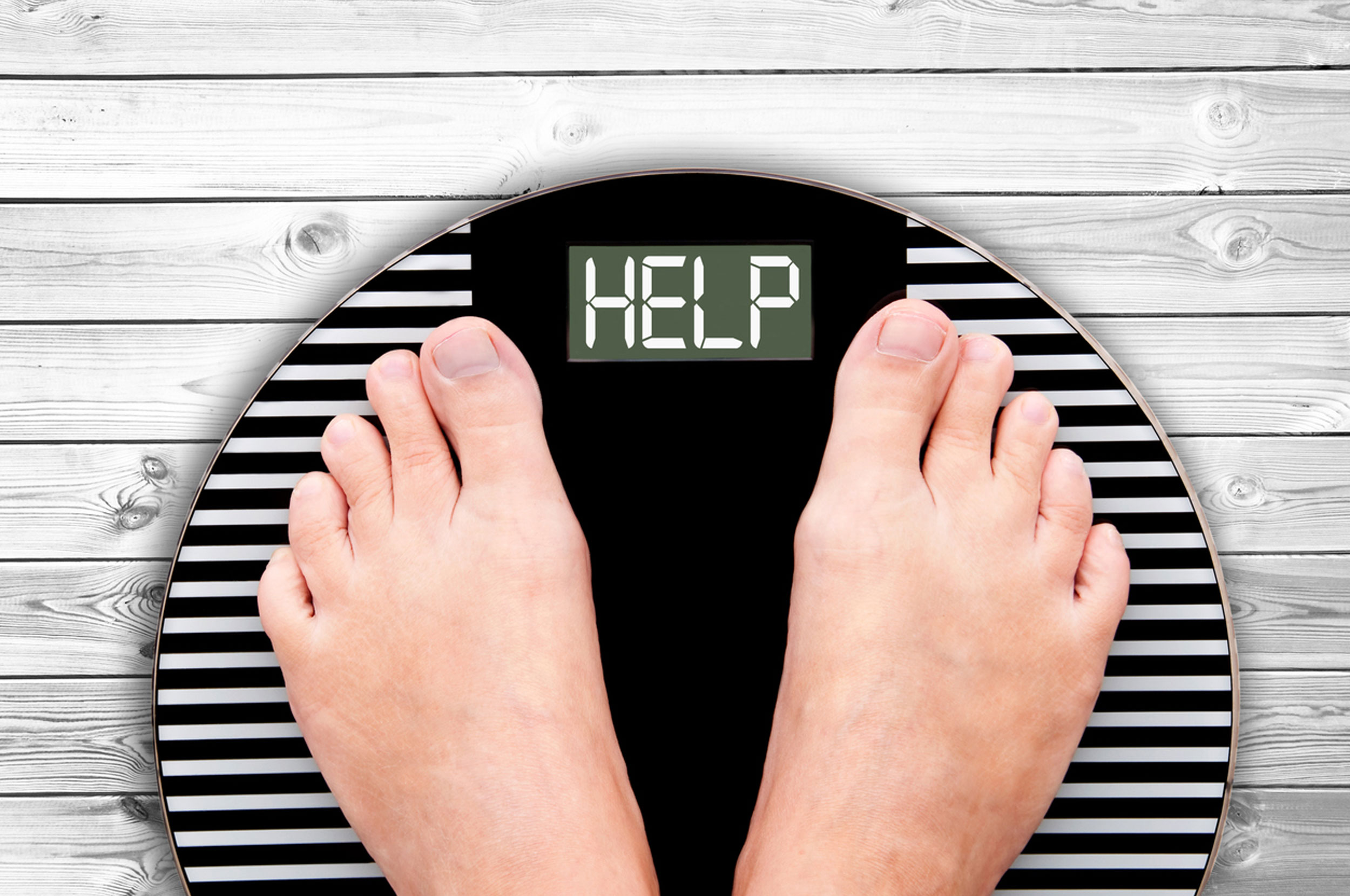Why Many Of Us Struggle To Lose Weight
I'm sure you might have read many articles with the same catchy headline, and you'd be thinking this is just crappy click bait.
Well in this article I will only provide you with an all-round view on one of the core principles that I have seen, read and experienced myself.
Energy Balance
This is the most critical factor when it comes to losing weight/fat.
If you take in more then your body uses up you will gain weight.
There is no way around this, and it has been proven time and time scientifically again.
It doesn't matter what food you eat (healthy/unhealthy/macros), how you eat it (fast/slow/cooked/raw), what time you eat or how many times a day you eat (3-7 x per/day).
The only exception I know of when it comes to Energy Balance is that it doesn't have to be on a daily bases, you can spread your averages over a week and still be okay.
First, you need to start at a base for calories, governments say an average person needs approx 2000 cal a day, so we'll start there.
Now, this is what we call maintenance calories, this means that if you stuck to these 2000 Cal every day for months, your weight should not really change much at all on average, this also accounts for daily fluctuations from fluids.
Also, we know to lose weight we need to be under our maintenance level, so let us start by reducing this by an amount that will show up on the scale in a short period.
So 2000 - 300 = 1700 Cal.
Here are some examples of how this has been done by successful clients.
Average total will be 1700 Cal.
Even spread through the day :
3x meals per/day 1700/3 = 566.7 Cal each meal
5x meals per/day 1700/5 = 340 Cal each meal
Average spread through the week, with this we have a total of 11900 Cal to play with:
Mon-Fri = 1500 each day Cal, Sat-Sun = 2200 each day.
Mon, Wed, Fri = 2000 , Tues, Thurs = 500 and Sat, Sun = 2450 (this is like intermittent fasting)
Trying to calculate averages for over more than a week could drive you mad with numbers and seems like a waste of time and energy to put into practice, so just stick to daily or weekly, because why would you want to make this any harder or complicated then it has to be.
Tracking of your weight on the scales is a great way to monitor the changes, keeping in mind daily fluid fluctuation, look for the trend over a couple of weeks to see which way your weight is going.
If it is moving up you are taking in more than using up, reduce the total by another 300 and see how that goes.
If it stays level, reduce by 300 and monitor that for a couple of weeks.
If it is going down, GREAT you're on the right track keep on doing that for as long as you can tolerate, approx 4-12 weeks.
Then its recommended to take some time off, about 4 weeks at maintenance level, for your body to adjust.
Remember you have just transformed your body and the numbers you started off with will have changed so don't just jump back to 2000 Cal to maintenance, slowly increase your intake by 300-500 Cal every two weeks and monitor, the moment you see a slight weight increase trend, STOP, the amount before the last increase will be your new maintenance level.
After 4 weeks of staying at maintenance level successfully if you feel like you want to lose more weight then just follow the steps, we did at the start. Continue this cycle until to reach your goal finally.
Remember all these numbers are approximated as it has been proven to be nearly impossible to get exact numbers for calories.
I have been told and experienced myself when my numbers aren't matching the changes to my body weight, this is the typical error rate that happens when we rely on numbers too much.
Let your body do the talking for you, it will show you if you're on the right track and it doesn't lie. Just remember there are a lot of times and things that can fluctuate the scales.
Fluids are the most common, so anything like:
Women's cycles
Salt in the diet, too much and the body will retain fluid.
Hot days/sweating, dehydrating.
By reducing carbs intake, you also reduce water retention because when your body stores glycogen, it does so by binding it to water molecules at a ratio of 1 gram of glycogen to 3 to 4 grams of water.
Other than that, you should be okay.
If you have any questions please comment below or contact us, alternatively, if you found this article to be helpful please share with others, they might find this helpful as well.
All the best to your health.
About Author: Chris Mokdessi
Chris has been in the health and fitness industry for over 10+ years.
In this time he has certified his education and knowledge with a Cert IV in Fitness, Diploma in Fitness, a Level 1 Strength and Conditioning Coach, CHECK Exercise Coach and Level 1 Precision Nutrition Certification.
He continues to keep up to date with the latest research findings to enhance this clients programs in order to increase their success and finds it his mission to inform the misinformed while trying to the educate those who are seeking the improve their lives by looking good and feeling great with their body’s through good health practices.


